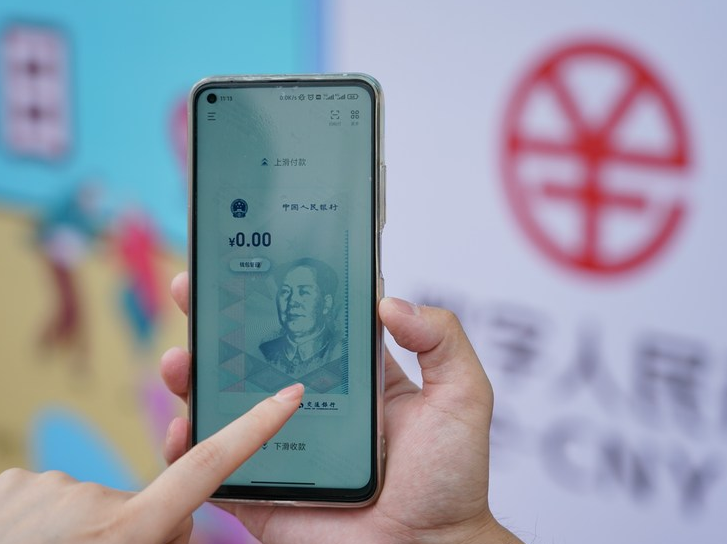LONDON, April 17 (Xinhua) -- With the rising significance of the Chinese economy and China's efforts, the Chinese currency renminbi (RMB) has gained increasing importance internationally and the momentum is expected to continue, a British expert has said.
"China's economy has grown rapidly in recent decades and it has become the second largest economy in the world and even the largest economy in purchasing power parity terms," said Jan Knoerich, a senior lecturer in the economy of China at King's College London, during a recent written interview with Xinhua.
With such growing global importance of the Chinese economy, it is not surprising that the RMB's international status has been strengthening as well, he said.
"China is the world's largest trading nation (in goods), and the renminbi internationalisation has been driven primarily by the expansion of the settlement of trade-related transactions in renminbi," the expert said, noting that the renminbi is much less important as a global investment or reserve currency.
Another factor that has contributed to the development of the currency is that the Chinese government has actively advanced international initiatives to support the internationalization of the renminbi, said Knoerich.
This, according to him, includes expanding the issuance of renminbi-denominated bonds oversees, the launch of an offshore renminbi next to its onshore counterpart, the advancement of bilateral currency swap arrangements with other central banks, and the establishment of renminbi centers in the world's major financial hubs to facilitate cross-border trade settlements in the renminbi.
It also includes the launch of the Cross-Border Interbank Payment System to facilitate international clearing and settlements in the renminbi, the advancement of stock and bond connect programs, the inclusion of the renminbi in the International Monetary Fund's (IMF) Special Drawing Rights (SDR) basket, among others, he added.
London has also played a role as it has become the world's leading offshore RMB trading center.
"London and the UK have been at the forefront in supporting the development of initiatives that advanced the internationalisation of the renminbi," Knoerich said, noting that Britain hosted the first renminbi clearing bank outside Asia, and that London was among the first cities to establish an offshore renminbi hub.
Britain also strongly supported the inclusion of the renminbi in the IMF's SDR basket and was the first major Western country to join the Asian Infrastructure Investment Bank, he said, adding that London was also at the forefront when it came to establishing a stock connect program with Shanghai.
In the future, the expert noted, "As the global importance of the Chinese economy and China's international trade continues to grow, so will the importance of the renminbi."
"The Chinese government is likely to continue supporting the internationalisation of the renminbi, possibly with new initiatives, such as the international expansion of its central bank digital currency that is currently being developed," he added.
However, Knoerich pointed out, to further significantly internationalize the renminbi, the currency would need to circulate globally at a higher rate than it does today, and "this might be difficult to achieve for a country that restricts cross-border financial flows and runs persistent current account surpluses."
"Greater international confidence in China's financial system and its institutions would also be an important prerequisite for further currency internationalisation," he said.




 A single purchase
A single purchase









